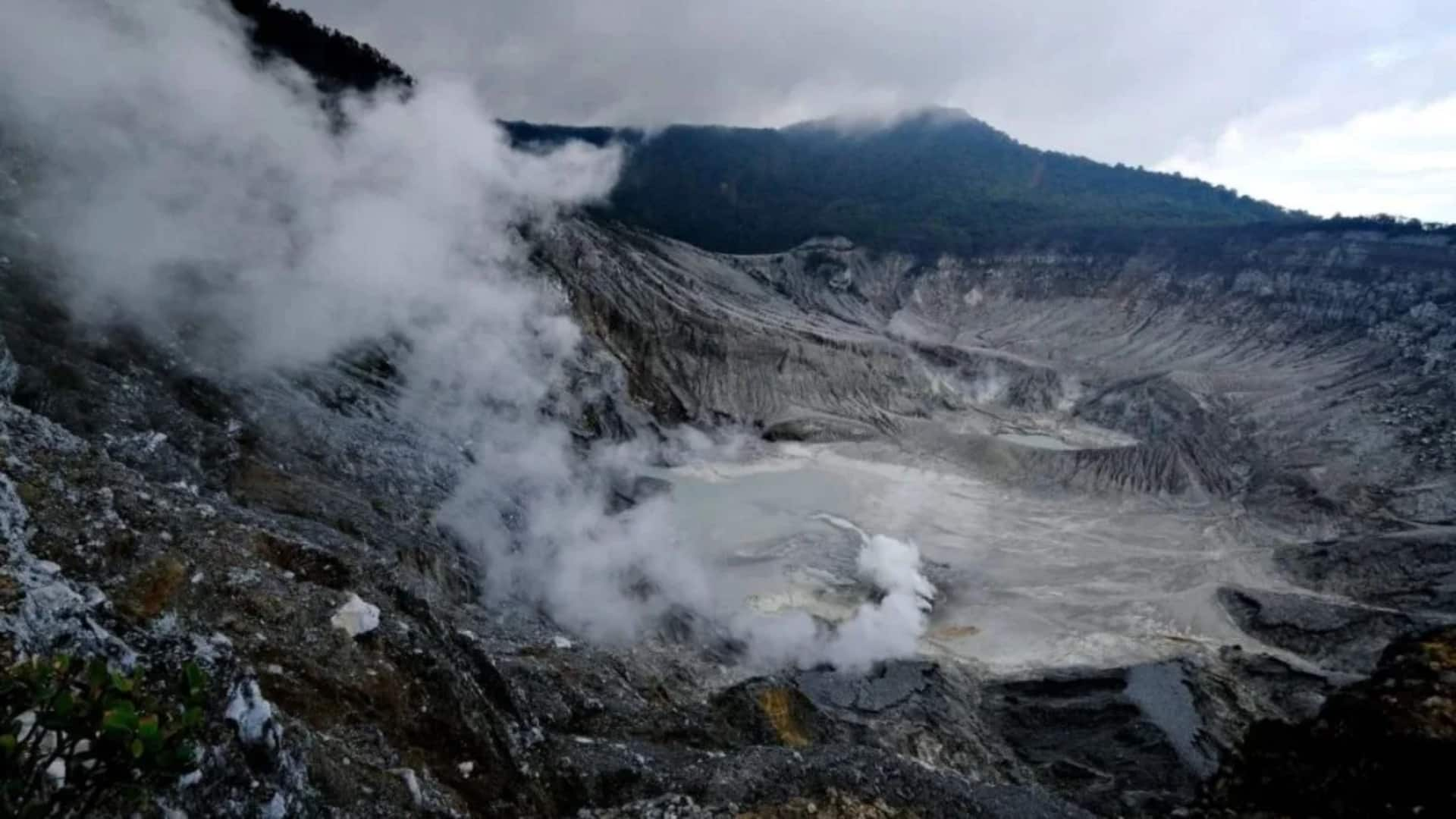
Ethiopia volcano erupts after 10,000 years; IndiGo diverts flight
What's the story
An IndiGo flight was diverted from its route due to the eruption of the Hayli Gubbi volcano in Ethiopia. The volcanic eruption, which is one of the most remarkable events in the region's recorded history, occurred after nearly 10,000 years. The flight 6E 1433 from Kannur to Abu Dhabi was diverted to Ahmedabad as a precautionary measure against possible ash clouds affecting air travel routes.
Eruption details
Hayli Gubbi volcano's eruption and its impact
The Hayli Gubbi volcano, situated in Ethiopia's Erta Ale Range, erupted on Sunday morning, sending massive columns of ash and sulfur dioxide into the atmosphere. Satellite data from the Toulouse Volcanic Ash Advisory Centre estimates that the ash plume reached heights of 10-15km. The ash cloud is now moving eastward across the Red Sea and has already impacted Oman and Yemen, prompting the issuing of environmental and aviation advisories.
Flight safety
Indian aviation authorities monitor volcanic activity
Indian aviation authorities are closely monitoring the situation as ash plumes from the Ethiopian volcano are likely to reach Delhi and Jaipur. Some flights have already changed their routes to avoid flying through these areas. Akasa Air has also issued an advisory saying it is closely monitoring the volcanic activity in line with international aviation protocols, adding that "passenger safety remains its utmost priority."
Twitter Post
Flightradar24 shows current, forecast ash cloud
Hayli Gubbi, a Volcano located in the Afar Region of Ethiopia had its first recorded eruption in thousands of years resulting in massive amounts of ash thousands of meters into the air in one of the busiest air traffic regions.
— Jagriti Chandra (@jagritichandra) November 24, 2025
Map shows:Current (black) and forecasted ash cloud. pic.twitter.com/qEtqEAvwZY
Pollution alert
Environmental concerns raised in Oman and Yemen
In Oman, the Environment Authority has warned of possible impacts from volcanic gas and ash. However, no increase in pollutant levels has been detected by its monitoring stations so far. Residents can track real-time air quality through the country's "Naqi" platform. Despite being located far away from the eruption site, aviation authorities have issued cautionary notices as the ash plume reached altitudes used by commercial aircraft.